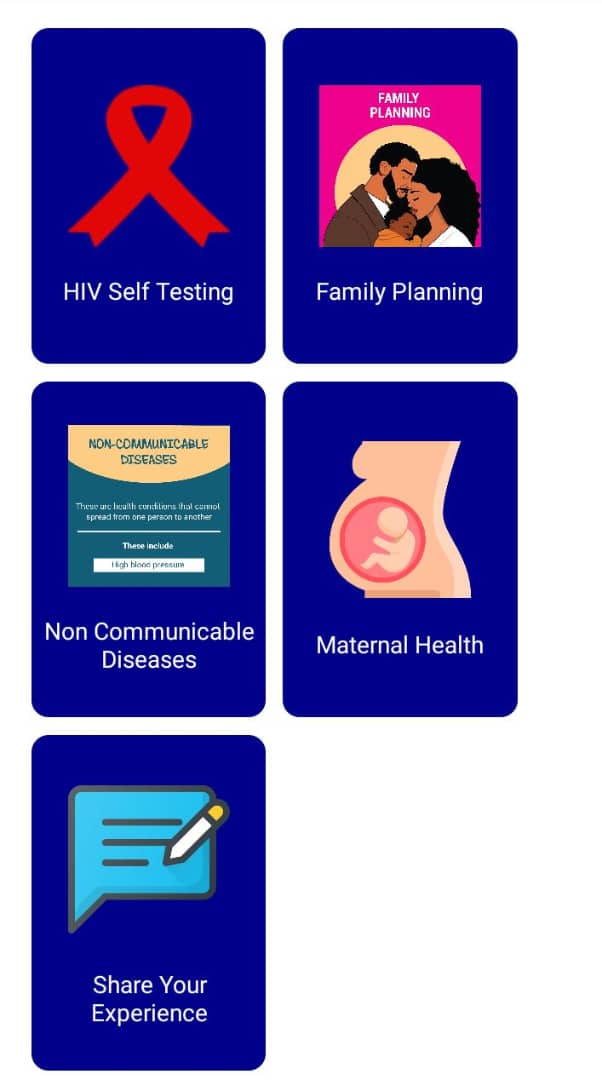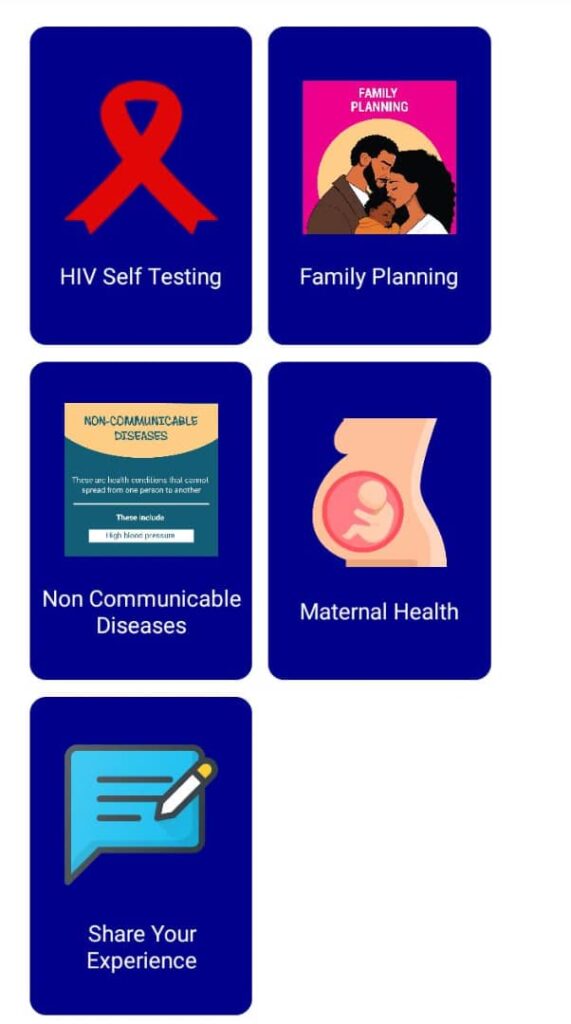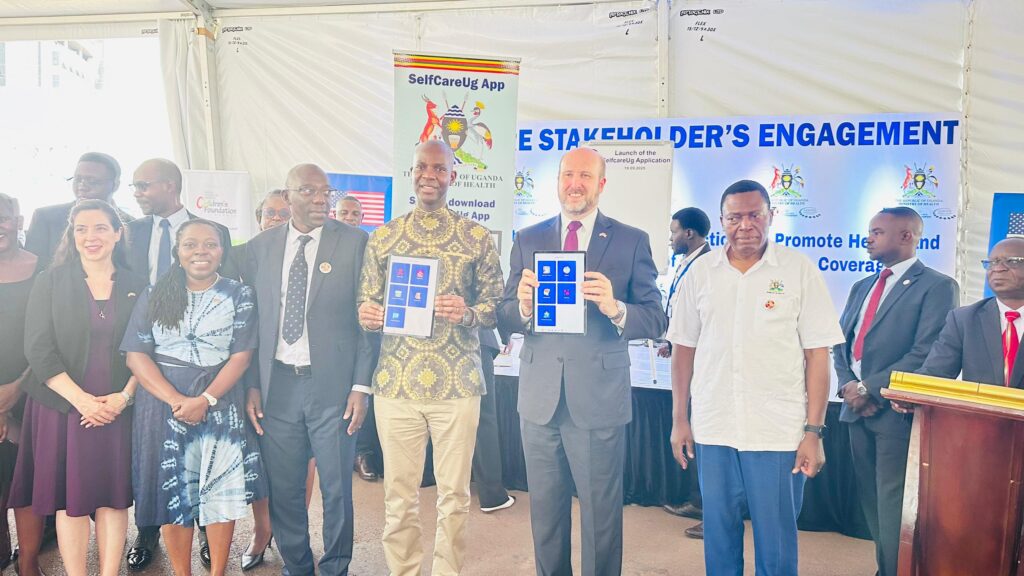
 Mama FM
Mama FM

 Mama FM
Mama FM
19 September 2025, 1:55 pm
By Byamukama Alozious
The Ministry of Health has launched a digital self-care mobile application aimed at advancing self-care practices to promote health and well-being in Uganda. This initiative is a significant step towards achieving universal health coverage.
The app, which has been in development since 2019, provides guidance on various health disciplines, including eating habits, antenatal care, post-abortion care, HIV testing and care, and other self-care services. It also links users to the Ministry of Health’s toll-free number, 0800100066. Dr. Kirigga Dithan from Baylor Foundation Uganda, which supported the development of the app, said it is expected to enhance family planning and non-communicable diseases management.

Director General of Health Services, Charles Olaro, emphasised the importance of self-care in maintaining good health, noting that “first wealth is health.” He added that good health enables individuals to be productive, happy, and wealthy, while poor health can lead to significant medical expenses and financial hardships. Olaro also highlighted the burden of non-communicable diseases (NCDs) on individuals and the healthcare system, saying that NCDs contribute to poverty due to healthcare costs.
US Ambassador to Uganda, William W. Popp, commended the Ministry of Health for this initiative, noting that the US government is committed to supporting Uganda’s health sector through various projects. “It is truly an honor to be here, and I want to begin by thanking and recognising the Director General, Dr. Olaro,” Popp said. He emphasised the importance of health towards national development, community development, and individual well-being, highlighting the long tradition of cooperation between the US and Uganda in the health sector.

The app is currently available for Android users, with efforts underway to make it accessible to all types of phones. The developers plan to continually update the app to include more health topics, such as malaria. By leveraging digital solutions, individuals can take charge of their health and reduce the burden on the healthcare system.
As Olaro noted, “We should see a reduced burden on the overstretched health facilities, more accurate and timely data for planning and policy-making, and enhanced confidentiality.” The app is a significant step towards promoting health literacy and empowering individuals to make informed decisions about their health.